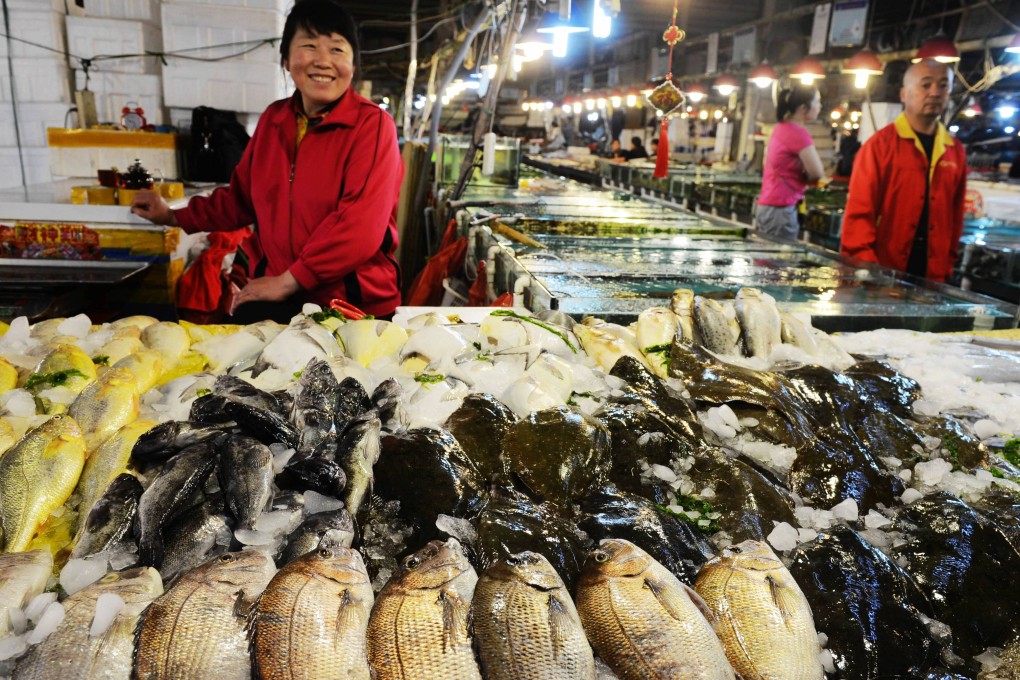China must not compromise on basic rights to clean food, water and air
China's phenomenal rise to become the world's second-biggest economy has lifted 700 million people from poverty, but at a cost to the air, water and soil.

The health of a population is dependent on its environment. China's phenomenal rise to become the world's second-biggest economy has lifted 700 million people from poverty, but at a cost to the air, water and soil. That has, in turn, affected the safety of food. Premier Li Keqiang has made environmental protection a priority, but no matter how good a policy, it is of limited worth without strenuous oversight and enforcement backed by adequate public funding.
Great strides have been made, leading to findings of fewer toxic substances in fish and a drop in air pollution levels by almost a third in some of the smoggiest cities in the first quarter of this year. Prompt investigations, fines, arrests and factory closures have shown a resolve to improve standards. Yet there has been little let-up in the scandals. In recent weeks we have learned of 20,000 tonnes of industrial salt being passed off as table salt, 800 tonnes of frozen meat, some decades old, being found in Changsha in Hunan province after transiting Hong Kong from Vietnam, and tens of millions of people at risk from unsafe amounts of arsenic and fluoride in drinking water.
Beijing has spent billions of dollars on improving supplies, yet few people in cities consider tap water drinkable - most either boil water or buy it bottled. Authorities in 2005 estimated that 320 million rural residents were exposed to unsafe supplies, but tens of millions more are now believed to be affected. Nearly 60 per cent of underground water is polluted and only 3 per cent of urban groundwater can be considered clean. There has been greater transparency in recent years about air quality readings, but few details are released about the contaminants in water and the soil.
A recent national survey found that almost one-fifth of arable land was polluted. The study of soil conditions by the Ministry of Environmental Protection and Ministry of Land and Resources showed that 19.4 per cent of farmland had been damaged, the most common pollutants being cadmium and lead. It is hardly surprising that such carcinogenic metals have been found in rice and other crops.
No country has become a major industrial power without causing considerable environmental damage. The clean-up takes decades of sustained effort that requires huge amounts of financial support. China has improved the living standards of most of its population; now energies have to be put into making the air more breathable, water drinkable and food safe to eat.
